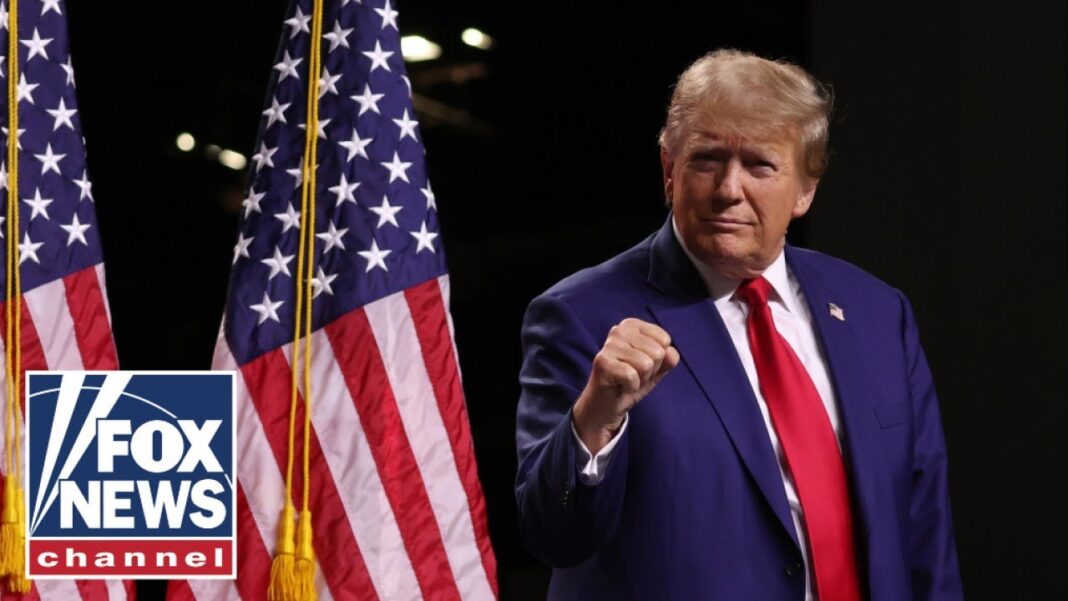The former president has appealed the Maine secretary of state’s decision to remove him from the ballot.
Former President Donald Trump challenged the Maine secretary of state’s decision to disqualify him from the state’s primary ballot, appealing on Jan. 2 to the Maine Superior Court.
He made several arguments, including that Maine Secretary of State Shanna Bellows was biased and should have recused herself, that she had no authority to remove him from the ballot or adjudicate the issue, and that Section 3 of the 14th Amendment doesn’t apply to presidents.
“The Secretary made multiple errors of law and acted in an arbitrary and capricious manner … and President Trump will be illegally excluded from the ballot as a result of the Secretary’s actions,” attorneys for President Trump wrote.
The Kennebec Superior Court has until Jan. 17 to make a ruling.
With the appeal, President Trump will stay on the Maine ballot despite the secretary’s decision until a court rules otherwise.
Any Superior Court ruling is expected to be appealed at the Maine Supreme Court before likely heading to the U.S. Supreme Court for review. A similar disqualification case from Colorado has been appealed to the nation’s high court. If the Supreme Court takes up that case and rules in a way that applies to all states, it will affect Trump’s legal proceedings in Maine.
Disqualifications in 2 States
On Dec. 28, Maine became the second state to find President Trump ineligible to appear on the upcoming primary ballot.
Challenges to the GOP front runner’s eligibility as a candidate under Section 3 of the 14th Amendment have been litigated across the country for months, though most other jurisdictions have dismissed such challenges on various grounds.
The 14th Amendment, which extended citizenship and equal rights to all persons born or naturalized in the United States, included a third section meant to prevent officers who abandoned their posts to join the Confederacy from returning to office.
It stipulates that those who had taken an oath of office and subsequently joined an “insurrection” or “rebellions” or aided such enemies cannot hold office without two-thirds approval from Congress.







